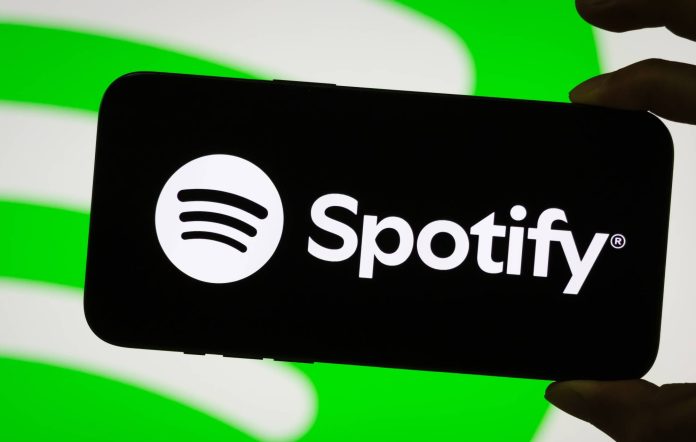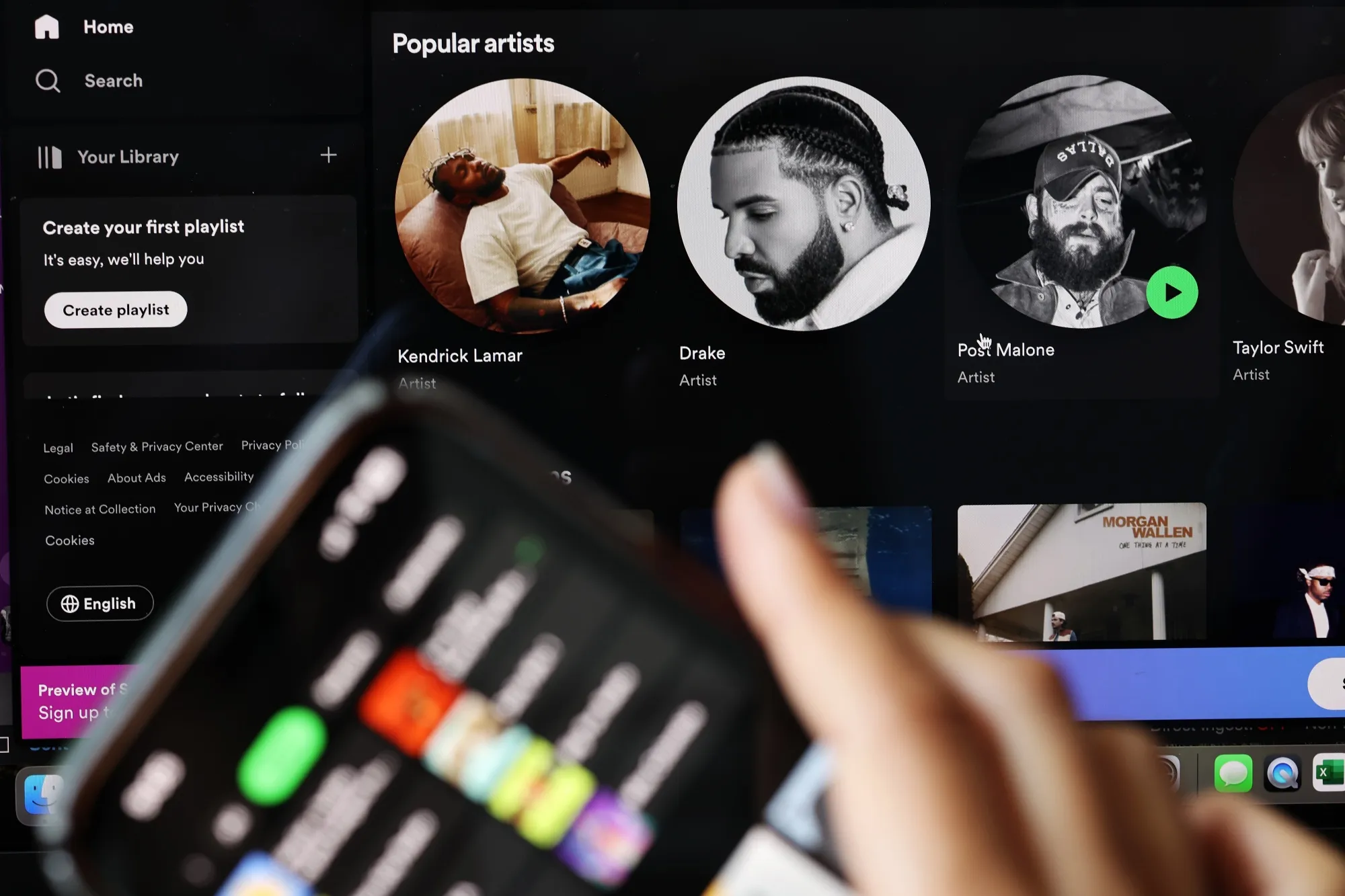Spotify Deletes 75 Million AI-Generated Spam Tracks — What It Means for Artists, Fans & the Future of Music
In a sweeping move to regain control of its platform, Spotify has announced the removal of over 75 million spammy, AI-generated tracks in the past 12 months. This decision signals a turning point: streaming services are no longer only curators of content, but gatekeepers against AI misuse.
🎧 What Sparked the Cleanup?
The explosion of generative AI tools has lowered the barrier to creating music — or at least, music-like audio. Bad actors and content farms began flooding platforms with:
-
ultra-short tracks designed to just cross the royalty threshold (30 seconds)
-
duplicates or near-duplicates with altered metadata
-
AI voice impersonations or deepfakes of popular artists
-
“fake artist” uploads — tracks attributed to fictional or pseudonymous artists to siphon streams and revenues.
Because Spotify’s existing royalty system pays out for any track played longer than 30 seconds, the incentive for volume attacks was large.
The New Rules of the Road
Spotify isn’t just deleting content—they’re introducing structural changes:
| Initiative | What It Does | Why It Matters |
|---|---|---|
| Stronger Impersonation Rules | AI vocal cloning or impersonation is allowed only with explicit permission from the original artist. | Protects artist identity and reputation |
| Music Spam Filter | New system will flag uploaders vs. individual tracks using spam tactics (mass uploads, SEO gaming, duplicates) and prevent recommendation propagation. | Reduces visibility of low-quality content |
| AI Disclosure via Metadata Standard | Working with DDEX, Spotify will support a standard for labeling how AI was involved in track creation (vocals, instrumentation, post-production) | Transparency builds trust; doesn’t penalize “responsible AI use” |
| Existing Demonetization Floor | Tracks must hit 1,000 streams before generating royalties — introduced earlier to discourage micro-spam uploads. | Pools out trivial or manipulative plays |
Importantly, Spotify insists that it will not ban AI music outright—artists using AI tools responsibly are welcome, as long as they comply with transparency and authenticity norms.
How Big Is 75 Million?
To put it in perspective: Spotify’s catalog has around 100 million tracks total. Removing 75 million “spammy” entries is like wiping out three-quarters of a massive playlist.
Some of these tracks were never fully live—they were caught by filters during upload. Others were flagged and taken down after reaching the platform.
Spotify says engagement with AI-generated tracks is minimal, and that its royalty payouts (over $10 billion in 2024) remain largely unaffected for genuine artists.
Challenges & Risks Ahead
This is a big step, but it’s not without potential problems:
-
Overblocking — Legit AI-assisted or experimental works might be misclassified as spam or impersonation.
-
Enforcement latency — Detecting new spam tactics takes time; the arms race with bad actors is ongoing.
-
Transparency vs manipulation — Labels or uploaders may game the disclosure system or conceal AI use.
-
Artist relations — Independent artists with small followings may get penalized by filters or thresholds.
What This Means for Creators & Fans
-
For artists: It’s essential to document and disclose any AI involvement in your music, to be clear about voice permissions, and to ensure your tracks surpass minimum thresholds for legitimacy.
-
For distributors and aggregators: They’ll be under pressure to validate metadata, maintain authenticity, and screen uploads more carefully.
-
For listeners: Expect cleaner, more trustworthy catalogs. You’ll have less chance of hearing fake—or worse—impostor content.
-
For the music industry: This could be a model other streaming platforms follow to protect their ecosystems from dilution and fraud.

Conclusion
Spotify’s sweeping removal of 75 million AI-driven spam tracks marks a watershed moment for streaming integrity. It sends a clear message: while AI can augment creativity, it cannot be weaponized to dilute art, manipulate financial systems, or mislead fans. The battle is far from over, but the ground is shifting.


